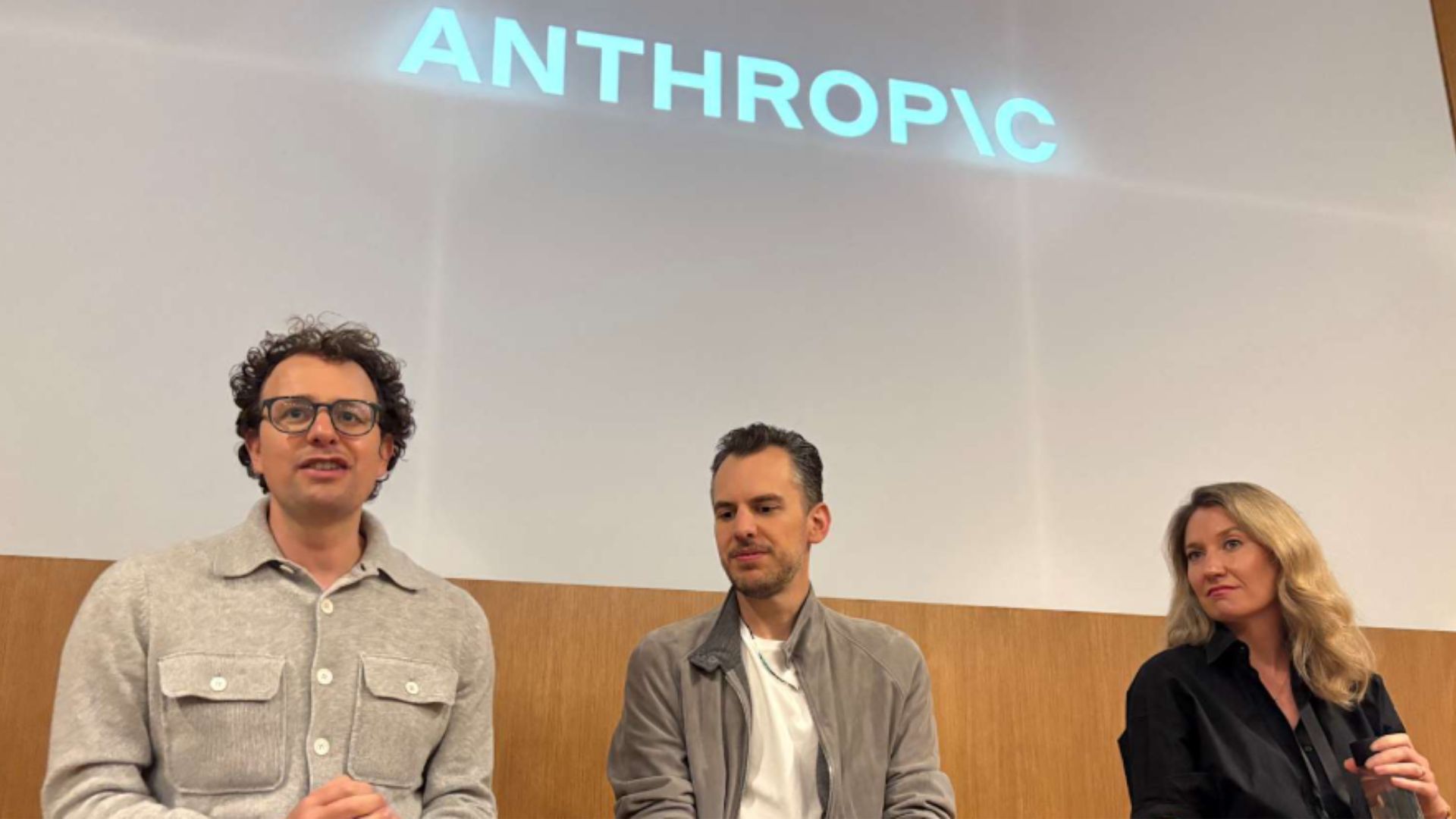
Anthropic CEO Dario Amodei doubled down on his warning that artificial intelligence will eliminate up to 50% of entry-level white-collar jobs within five years, revealing in a recent BBC interview that many corporate leaders privately view AI as a cost-cutting tool to reduce headcount rather than simply augment workers.
In an interview on BBC Radical with Amol Rajan published September 5, 2025, Amodei specifically targeted repetitive but variable tasks across law firms, consulting, administration, and finance that could disappear within one to five years. “Specifically, if we look at jobs like entry-level white, you know, I think of people who work at law firms, like first-year associates, there’s a lot of document review. It’s very repetitive, but every example is different. That’s something that AI is quite good at,” he explained.
CEOs Eye AI for Cost Reduction
Most concerning for entry-level workers was Amodei’s revelation about executive intentions behind AI adoption. “I think, to be honest, a large fraction of them would like to be able to use it to cut costs to employ less people,” he said. This contradicts the more optimistic narrative that AI will merely augment human capabilities rather than replace workers entirely.
Amodei emphasized his timeline isn’t speculative but reflects current reality. The technology is “already very good at” entry-level work and “quickly getting better now,” he noted. His conviction stems from direct conversations with CEOs already implementing AI tools who have explicitly stated their desire to reduce headcount.
Growing Evidence of Job Displacement
Recent data supports Amodei’s warnings. According to a St. Louis Federal Reserve study published in August 2025, the U.S. may be witnessing early stages of AI-driven job displacement, with sectors showing the highest correlation between AI adoption and rising unemployment. The study found that occupations embracing generative AI most intensively showed the largest unemployment increases, particularly in computers and mathematics where AI adoption reached nearly 80% while unemployment rose by 1.2%.
A separate Harvard study found that headcount for early-career roles at AI-adopting firms has fallen 7.7% over six quarters since early 2023, while senior staff employment continued climbing. Meanwhile, a survey by Resume Now revealed 89% of workers worry about AI’s impact on job security, with 43% knowing someone who lost a job due to AI.
Industry Leaders Divided on AI’s Impact
Amodei’s stark predictions have sparked fierce debate across Silicon Valley. Nvidia CEO Jensen Huang dismissed the warnings at VivaTech in Paris, saying he disagreed with “almost everything” Amodei had said and predicting AI would change jobs rather than eliminate them. “You will not lose your job to AI, but will lose it to someone who uses it,” Huang argued.
OpenAI’s Sam Altman similarly pushed back, claiming society won’t allow half of jobs to vanish and that new, better roles will emerge. However, other executives align with Amodei’s concerns. Ford CEO Jim Farley forecasted that AI would replace “literally half” of US white-collar workers, while Salesforce CEO Marc Benioff revealed his company cut 4,000 customer service roles, reducing support staff from 9,000 to 5,000 because “I need less heads”.
Notably, OpenAI itself announced plans for an AI-powered hiring platform launching mid-2026, with CEO of Applications Fidji Simo acknowledging that “at OpenAI, we can’t eliminate that disruption” but promising to help workers develop AI skills.
Amodei’s warnings extend beyond entry-level positions. In March, he predicted AI could write 90% of software code within three to six months and “essentially all” of it within a year. This follows his May prediction to Axios that unemployment could spike to 10-20% as AI eliminates half of entry-level office jobs, accusing industry and governments of “sugarcoating” the coming disruption.













